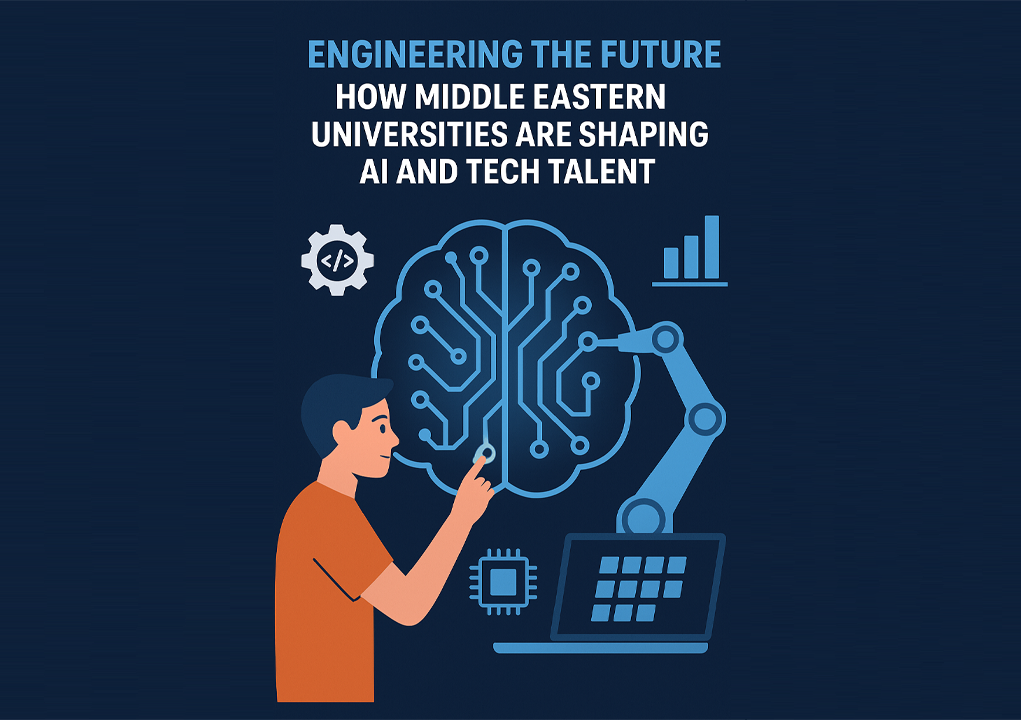
The Middle East has emerged as a hub for engineering and technology education, dispelling old stereotypes about the region. In recent years its universities have climbed global rankings and built world-class research facilities. For example, Abu Dhabi’s Khalifa University “has ranked among the top institutions in the UAE for eight years in a row” and hosts leading specialized research centers in engineering and health sciences. Governments across the region are investing heavily in STEM education. Vision 2030 initiatives in Saudi Arabia and UAE, for instance, pledge billions of dollars in AI infrastructure, research, and talent development. This strategic push is evident in flagship projects: Abu Dhabi’s Mohamed bin Zayed University of Artificial Intelligence (MBZUAI) was created as a graduate-level AI institute “aspiring to be the ‘Stanford of the Middle East’”, and Saudi Arabia’s King Abdullah University of Science and Technology (KAUST) has established a Center of Excellence in Generative AI. As a result, the region now hosts major degree programs in engineering, computer science, robotics, data science, and AI at all levels (BSc, MSc, PhD), aimed at both local and international students.


